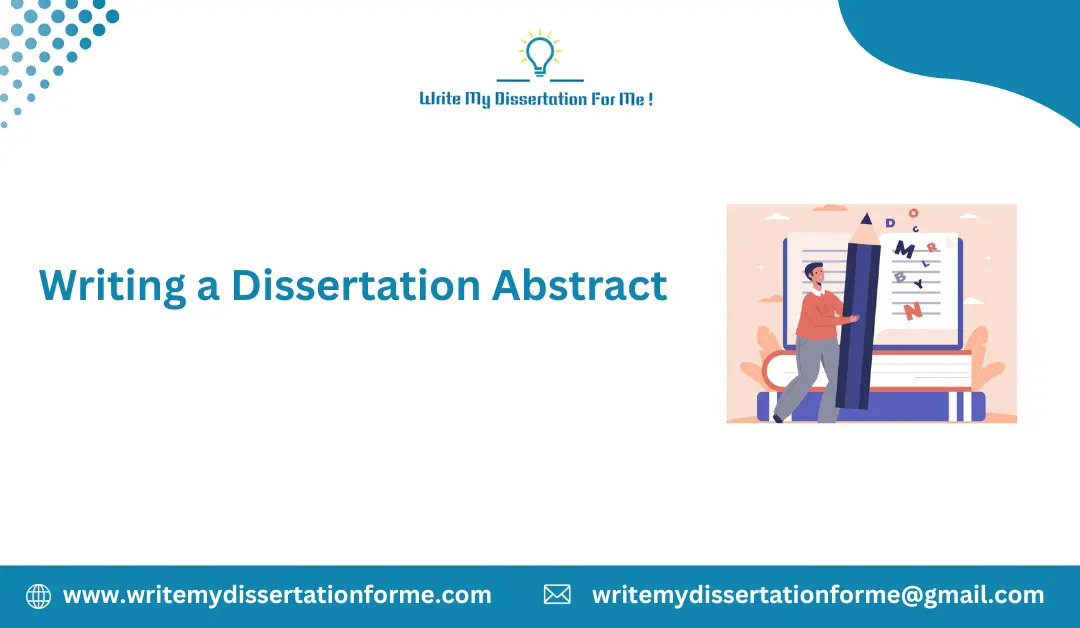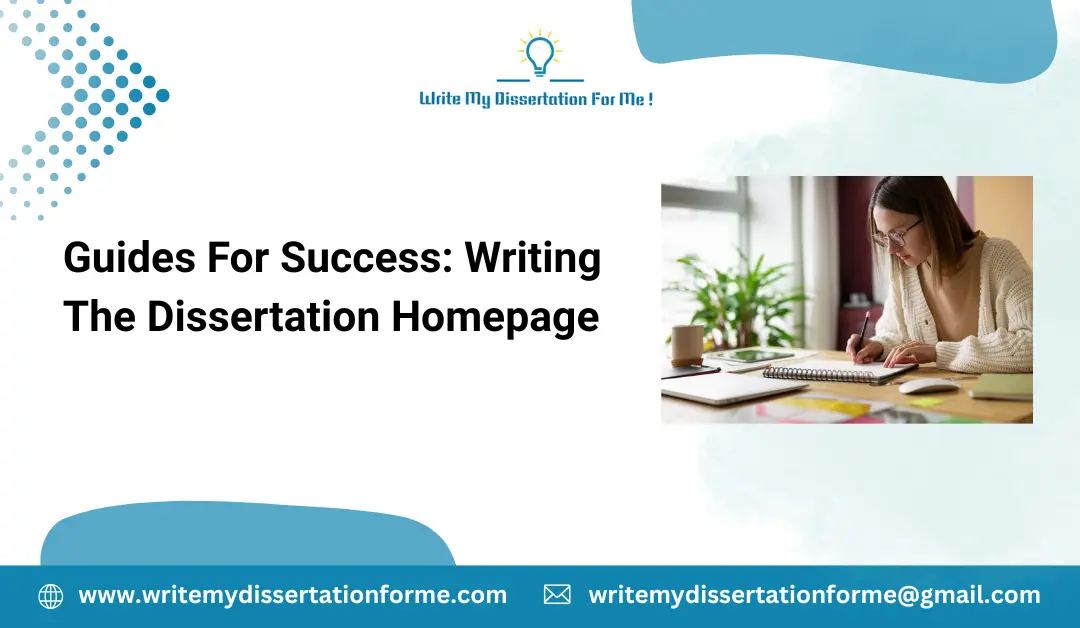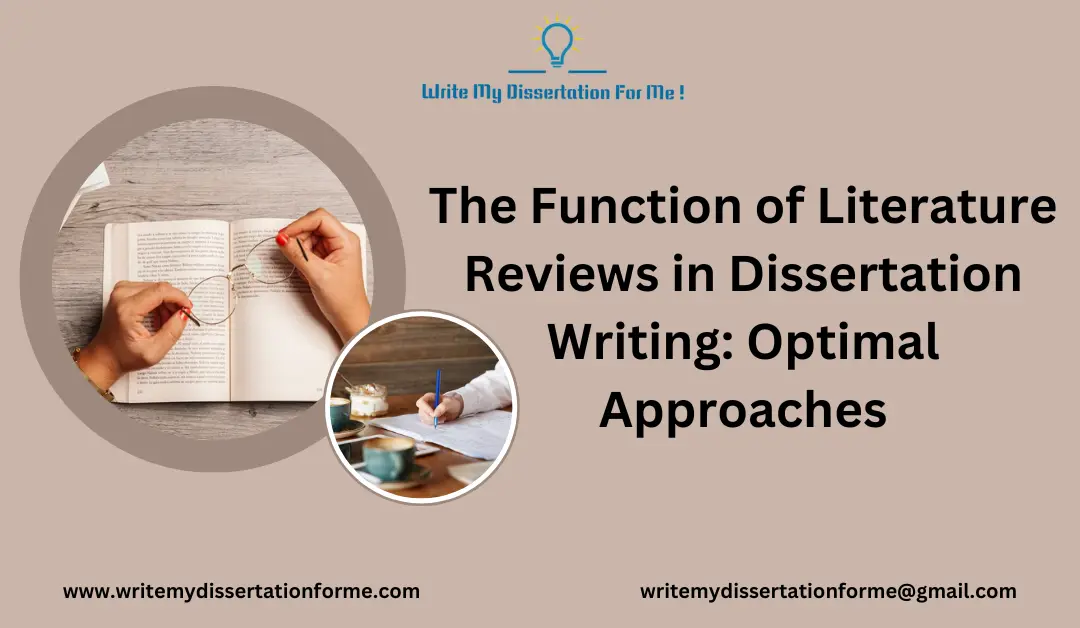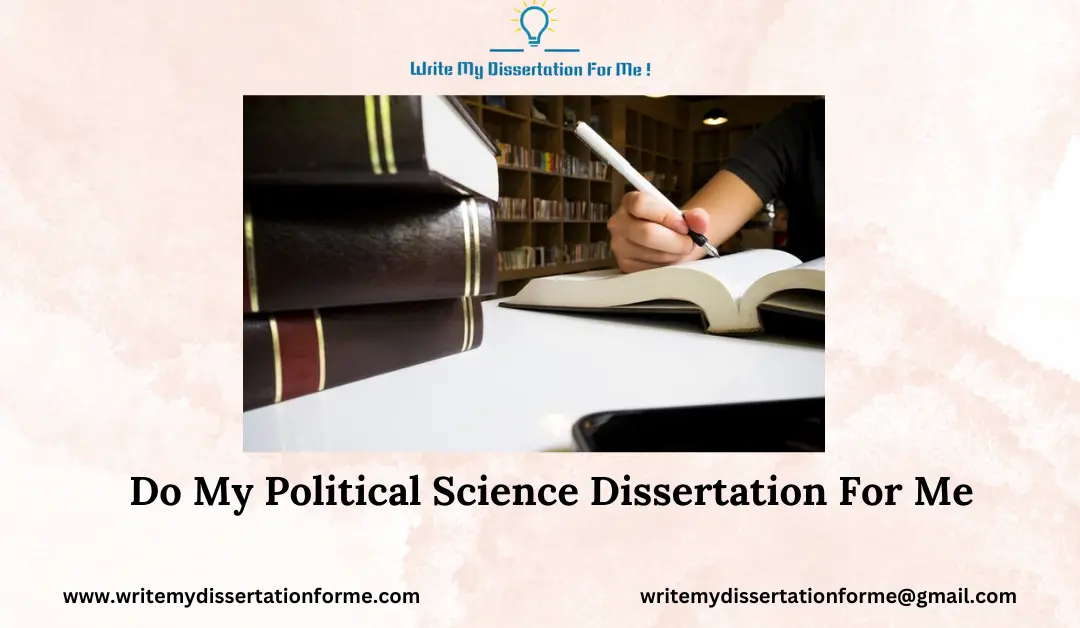Writing a Dissertation Abstract
August 08 2025 | 05 min read

The dissertation abstract is a short and potent summary of your entire research. This description tells the reader what your work is about, the methods you have used, your findings, and why they matter. The abstract is one of the shortest chapters of your dissertation and one of the most important. The examiners sometimes read it first and then decide if your work is worthy of in-depth attention.
In this case, however, a poorly constructed abstract can lead to them ignoring your research completely. Those students who are new and not well versed with different academic styles can use a dissertation writing service to maintain the clarity and attractiveness of their abstracts.
Purpose of Abstract:
A Dissertation Abstract is designed for those who do not have the time to read all of the dissertations. It must tell something very important for an author's research-very quickly and in a few lines. Readers can understand the subject of your research and research methods, results, and conclusions within a few short paragraphs. An abstract must serve as the only portion that other researchers see before they download your work from an academic database. A good abstract makes it much easier to increase citations and amplify academic impact.
Timing: When to Draft Abstract
The Abstract comes at the beginning of your dissertation, but you should write this at the end. If you would wait until the complete dissertation is finished, the abstract will fully reflect the latest results and conclusions. Writing it early often leads to missing details or including outdated information. A draft abstract could be helpful as a guide, but much more detail should be covered. Getting help with dissertation writing can supplement your efforts in summarizing your work by crafting a precise and accurate final version. This prevents you from undergoing the hassle of having to summarize your proposal and writing it in a concise manner all on your own.
Essential Aspects of a Dissertation Abstract:
- Topic Introduction: Start the abstract with one or two sentences that will clearly indicate your research topic. Set the context and explain why your study is important. The long explanations of background do not belong here; they are for the main dissertation. The whole idea is for the reader to know immediately what subject area you are addressing.
- Aim and Objectives of the Research: Then, after stating your topic, you should focus on the aim of your research. This should then be followed by a set of precise objectives showing how you went about achieving your aim. The aim is the general goal, while objectives break it up into attainable steps. Make each objective clear and concise.
- Overview of Methodology: Sum them up very briefly. Regarding your research methods- mention if you used qualitative or quantitative or even mixed methods. Include your data sources and tools without going into needless technical details. This section should let readers know that your approach is appropriate and valid.
- Result Summary: State most significant results associated with your research objectives. Avoid covering a whole set of data but select results showing the most significant academic relevance and focus on the necessity of presenting them in a manner that justifies their importance without overwhelming readers with superfluous information.
- Conclusions and Implications: Finish with the final results in your abstract. It will be necessary to explain what those findings mean to your subject area and other practices or recommendations. Avoid vague phrases like, "The findings were interesting." Be specific with respect to impact and significance regarding your research.
Style of Writing for an Abstract:
Write your abstract clearly and concisely in active voice. Use adjectives or complicated sentence structures, if inevitable, to a bare minimum. This can also help in making the sentences readable and flow naturally by using short sentences and transition words such as; therefore, however, in addition to this, and consequently. Those who don't consider English their native language can always take the help of dissertation proofreading services. This helps to make their grammar mature and set a polished and professional tone to their work.
Common Errors to Avoid Subjecting Yourself to:
- It is often observed that the student makes the mistake of turning the abstract into a mini literature review. It ends up wasting valuable space and distracts from the point of summarising your own research.
- Excessive technical details: Yet another error consists of including a lot of technical detail related to the methods.
- Repetition of information: The goal of the abstract should be to summarize, not repeat. Do not also use in the abstract information which is not part of your dissertation.
- Vague or Generic Statements: Some students use vague or generic statements in the results and conclusion sections. Such remarks do not convey anything to the reader: like, “research shows important findings”. To be more specific, one can use the sentence “the research shows social media made 18-to-25-year-olds more politically active by 25%”. This makes a credible impact on your audience and captures their attention.
Procedure for Formatting a Dissertation Abstract:
Adhering to a 150 to 300 world limit is recommended by most institutions. Check with your particular university guidelines before writing. The abstract generally comes after the title page and before the table of contents. A single paragraph with no headings or bullet points is how the abstract is usually written. Citations are best avoided in the abstract as a self-contained summary. In case there is confusion in formatting rules, UK dissertation writing services can fulfil every requirement for your work.
A Sample Structure for a Successful Abstract:
Here is a simple five-part structure that can be followed:
- Background: one or two sentences explaining the research problem.
- Aim: the clear statement of your research aim.
- Methods: one or two sentences summarizing methodology.
- Results: two to three sentences highlighting key findings.
Why professional assistance improves your abstract?
Even after spending time on researching extensively, a paper’s impact would reduce substantially if its abstract was unclear. Professional editors can make your work logical, precise and error free. The best dissertation writing services offer editing and structuring to meet different university requirements. They refine word choice so that clarity can be enhanced while also being more engaging.
Final Checklist for Submission
Before submitting your dissertation abstracts, check for the following:
- Summarization of the full dissertation correctly.
- It is within the required word limit.
- No unnecessary background information and citations are present.
- Active voice and concise language is sued.
- There should not be spelling or grammar errors.
Concluding Remarks:
A dissertation abstract will require precision and clarity, encapsulating the entire or essence of the research while drawing the attention of the reader to the immensity of the idea. Every word should essentially add value, from defining the problem to laying out conclusions.
If still in doubt, dissertation proofreading services or professional writing assistance can help overcome with a much stronger, polished abstract that meets academic standards and makes a strong first impression.
If you loved reading this, please share this,
also read

Guides For Success: Writing The Dissertation Homepage
Developing a strong dissertation homepage is essential for professionals, researchers, and students looking for dissertation ...

The Function of Literature Reviews in Dissertation Writing: Optimal Approaches
The literature review is a crucial component of a strong dissertation in the context of academic writing. It is the framework...

Do My Political Science Dissertation For Me
The dissertation is considered the apex of an academic career in the academic world. It's proof of years of investigation, co...